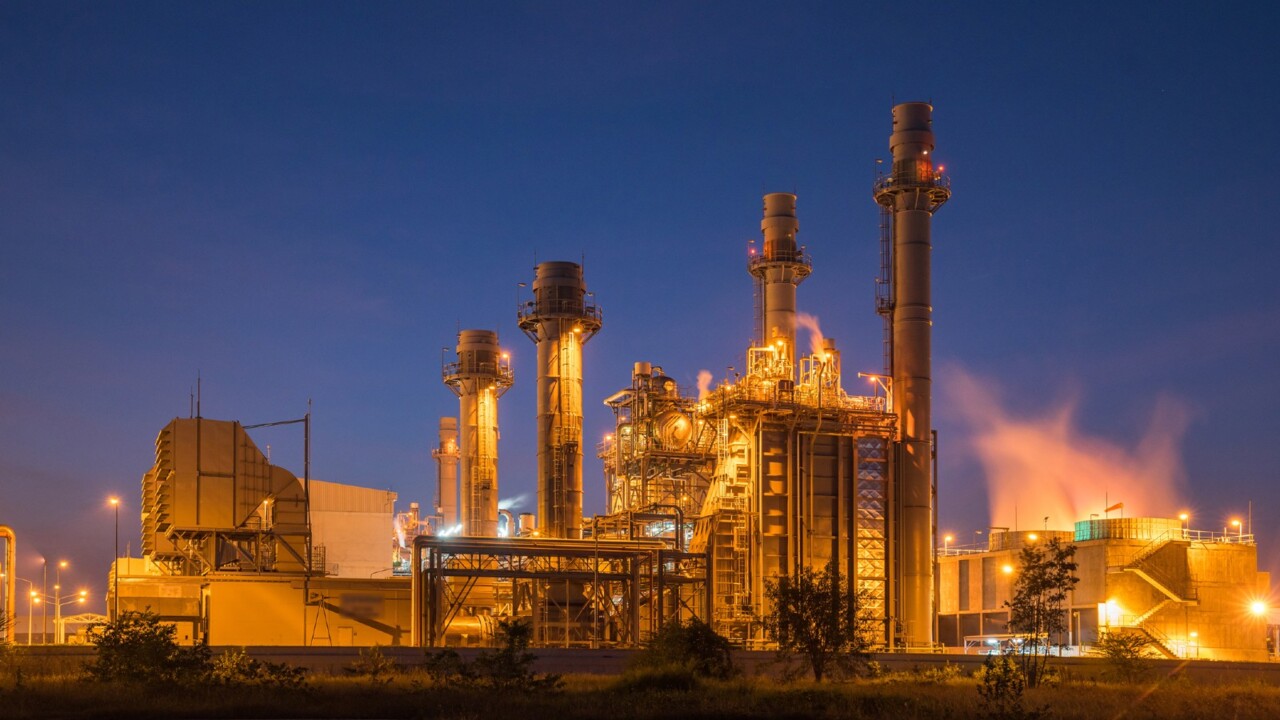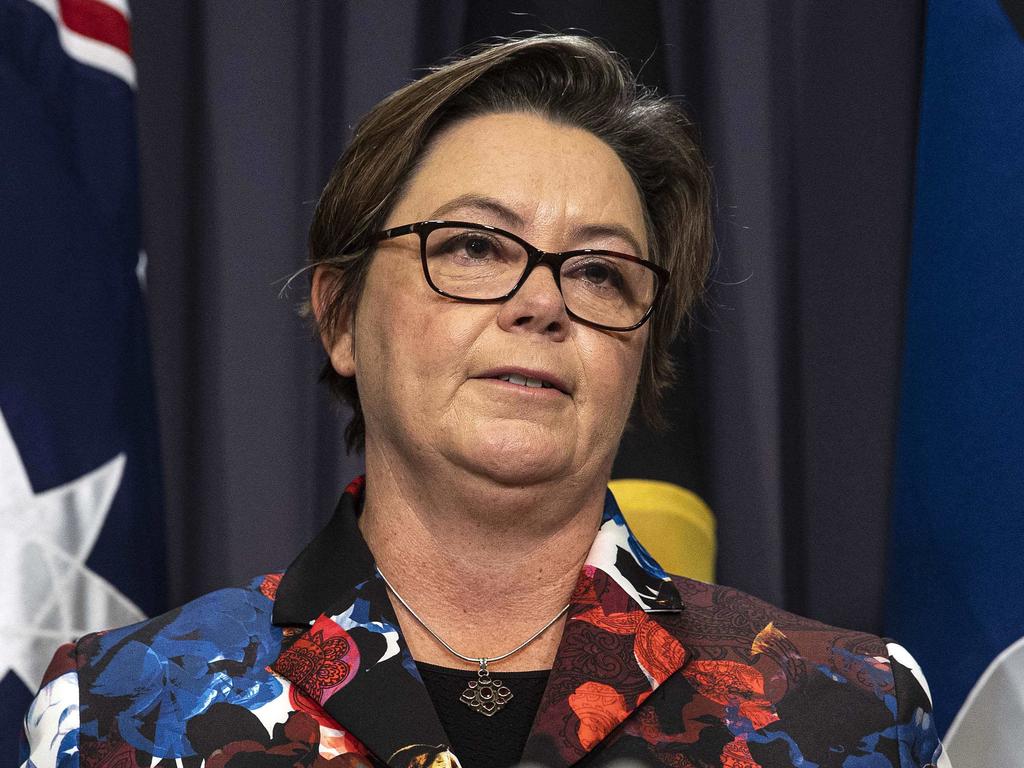Gas developers won’t be rushed on code of conduct as end users urge action
Gas developers are studying the details of the government’s code of conduct for the industry before making any decisions on new developments critical to east coast supply.

Gas developers that stalled projects following Labor’s intervention in the market last year are now scouring over the full text of the government’s signature energy policy that end users say should bring an end to the paralysis that has plagued the market.
The federal government on Monday released the full text of its mandatory code of conduct for the gas industry, as flagged by The Australian, and developers said they will take time to work through the document to understand consequences for the industry.
Senex Energy, owned by South Korea’s Posco and Gina Rinehart’s Hancock Prospecting, earlier this year suspended its proposed $1bn Atlas project in Queensland. It confirmed it had received the document but stressed it would not rush into a decision on whether to proceed on the Atlas expansion.
“Senex will take the necessary time to review the final text of the code and hope it establishes workable rules that will bring on much needed new gas supply to the market. In this particular case, the detail really does matter,” a spokeswoman for Senex told The Australian.
Despite Senex’s insistence that the Atlas plans remain in doubt, the company has struck several conditional offtake agreements in recent weeks – hinting it still plans to push ahead with the expansion.
Industry experts said there were several critical elements of concern.
“There is unabated Ministerial discretion in making exemptions for the LNG projects, and there appears some scope for exemptions to be revoked or retrospective conditions imposed without LNG producer agreement,” energy analyst Saul Kavonic said.
“This will continue to weigh on investment certainty concerns for both LNG, and have a knock-on negative impact for smaller producers given the role LNG producers can have in underpinning smaller producer supply, and on pricing.”
Market reaction to the document is widely seen as critical for Australia’s gas market.
Australia’s east coast gas market is facing a material shortfall in the next few years as traditional supplies run dry and proposed new developments struggle to secure regulatory and social licences.
Several developments in Queensland remain in the works, however, as the state remains attractive to the gas industry and existing infrastructure allows for the easy transport of gas to NSW and Victoria.
Both states face a bleak future, though the Australian Consumer & Competition Commission said the east coast had sufficient supplies for the next 18 months, but it would be tight and likely dependent on favourable weather conditions.
With a growing need, Andrew Richards, chief executive officer of the Energy Users Association of Australia, urged the release of the code of conduct to kickstart the much-needed action in the market.
“We hope not only the producers but the retailers come to the party and start living by the code so we can get better outcomes for domestic consumers,” Mr Richards said.
The code, the centrepiece of which includes a cap on uncontracted gas at $12 a gigajoule, had created a deep division between the industry and the federal government.
Despite tensions easing, Samantha McCulloch, head of the Australian Petroleum Production & Exploration Association, said the government must now focus on ensuring new gas supply to address looming structural shortfalls.
“The government has taken the reins of the east coast gas market and with this comes the responsibility for ensuring sufficient supply and investment certainty,” Ms McCulloch said.
Australia’s gas industry remains frustrated by ongoing delays in regulatory permissions for projects, which executives say is indicative of the lukewarm attitude of the government towards gas.
Anthony Albanese earlier this year rejected allegations his government was not supportive of gas, insisting the fuel source was vital for manufacturing and allowing Australia to transition away from coal.




To join the conversation, please log in. Don't have an account? Register
Join the conversation, you are commenting as Logout